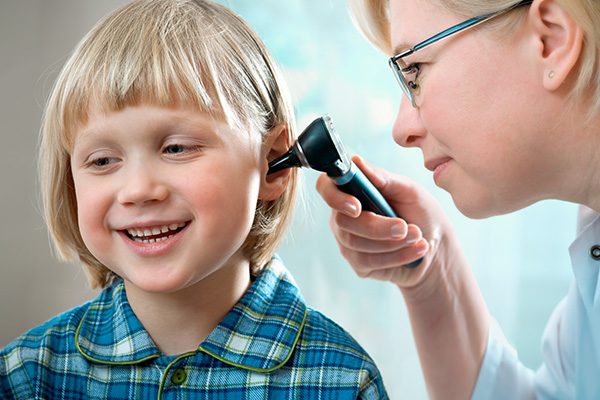Advances in ENT Diagnostic Tools
When you visit an ENT specialist for hearing problems, sinus issues or


When you visit an ENT specialist for hearing problems, sinus issues or

When you think about staying healthy, you might focus on eating well,

Dealing with ear, nose or throat (ENT) emergencies can be a challenging